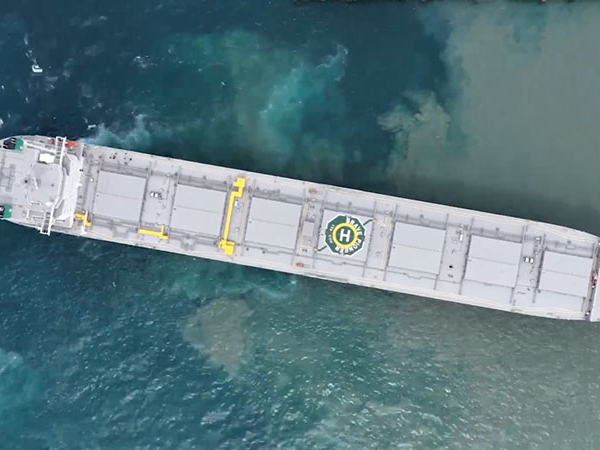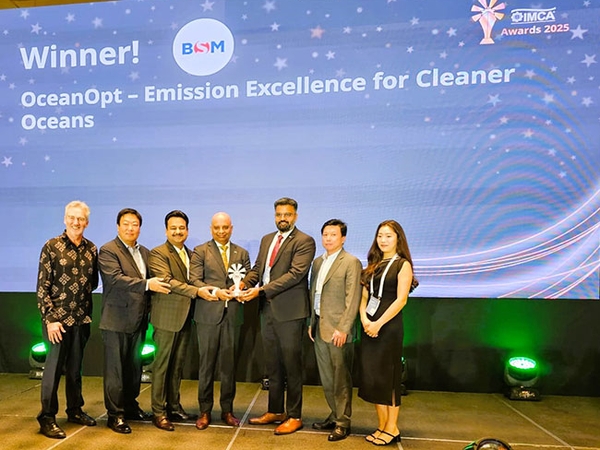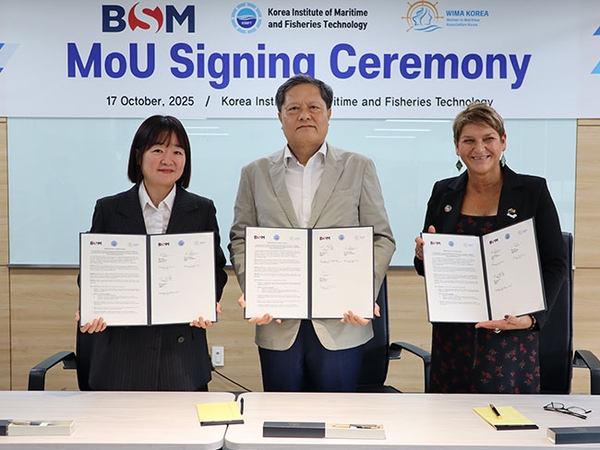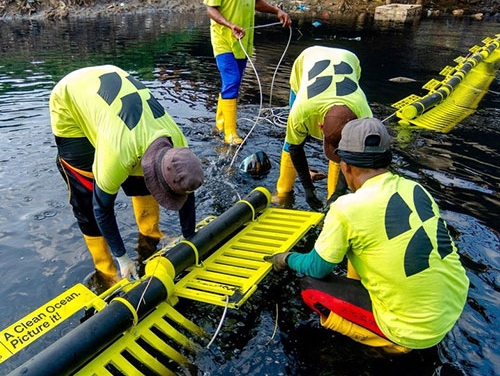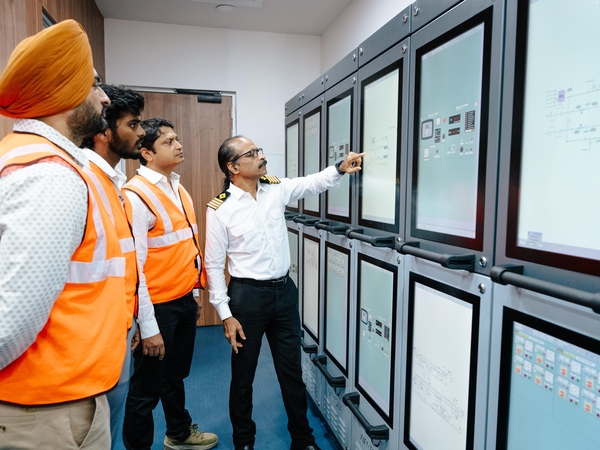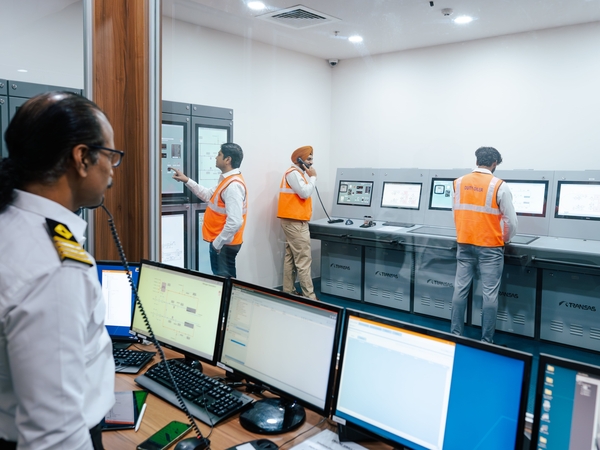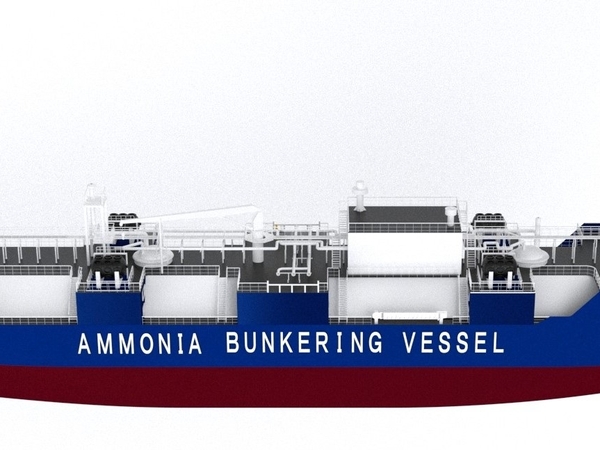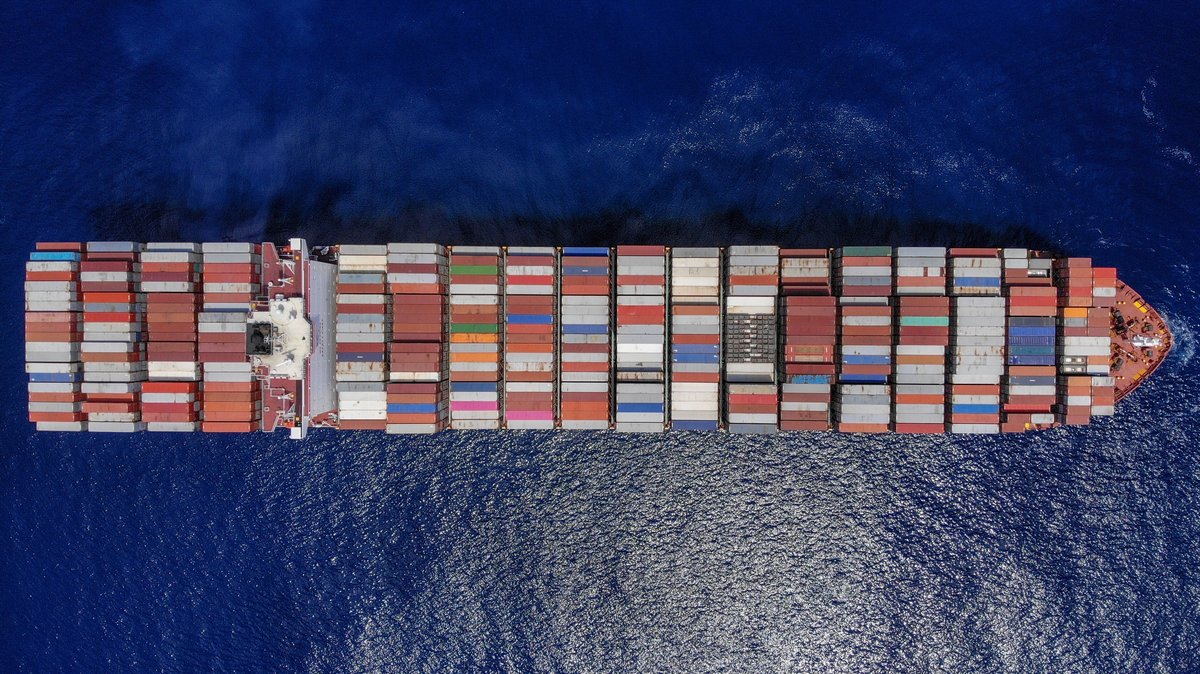
Bernhard Schulte Shipmanagement (BSM) has followed the aviation industry's lead and produced practical, easy-to-understand safety procedures in 'friendly' English.
INNOVATION can sometimes mean taking a bright idea from one industry and adapting it to meet a need in another one.
BSM has taken a leaf out of the aviation industry’s approach to safety management, according to chief operating officer David Furnival.
In short, the company used the aviation approach of having practical, easy-to-understand safety procedures.
It may seem remarkably straightforward, but BSM rewrote increasingly comprehensive and complex safety management tools to reflect the style used by airline crews.
The first result was the company’s marine manuals. Processes are now unified, with better cross-checking. Uniquely, says Mr Furnival, these end rather than begin with a checklist, which has been the more common practice.
The language of the manuals is also standardised. Given the multiple nationalities employed by a large shipmanager such as BSM, it is important to have instructions about processes and procedures in a unified format and use 'friendly' English, said Mr Furnival.
BSM has also advanced its planned maintenance systems, using its own bespoke IT platform to tie maintenance information across fleets. It is now looking at tying that into technology manufacturers' platforms to allow equipment performance to be better monitored and overhauls to be better controlled.
In an age where engineers get to see fewer maintenance overhauls, this is also allowing the company to plan which engineers need to be present when an overhaul is planned, to improve training and experience.
